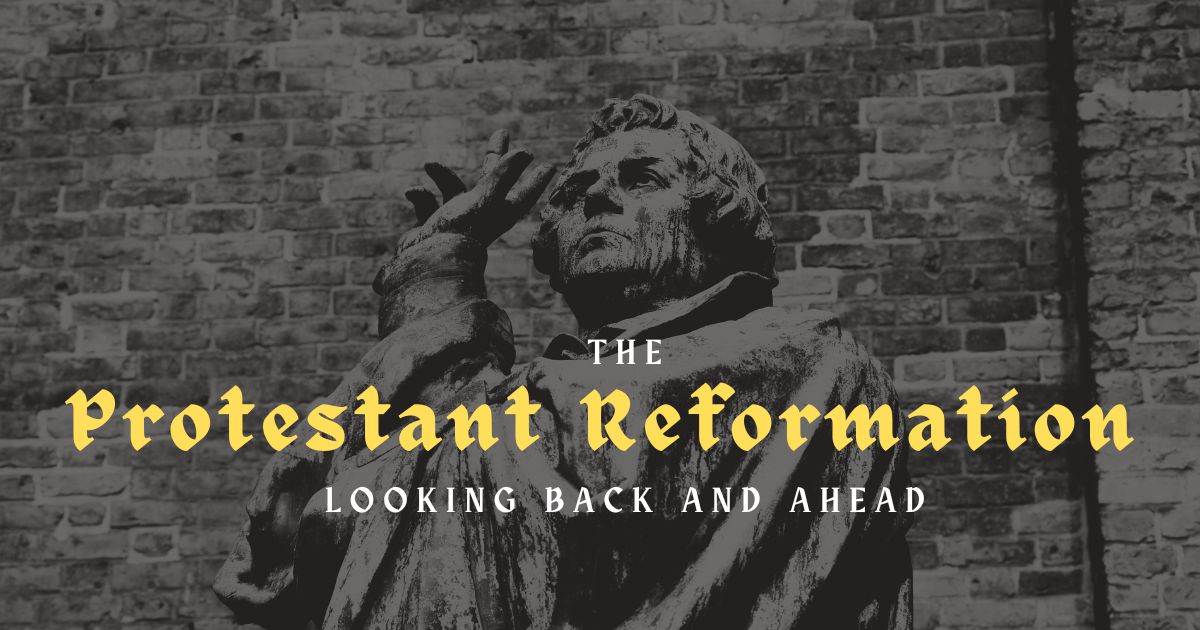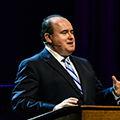In the previous article, I wrote about John Wycliffe, “The morning star of the Reformation.” He was responsible for beginning the movement to give the Bible to people in their own language rather than restricting access to the Bible solely to the professional clergy of the Roman Catholic Church. As the Reformation continued to spread across Europe and around the world, a young Frenchman, John Calvin, was encouraged to enter the Catholic priesthood. Studying for the priesthood in Paris, by 1527 Calvin had developed friendships with individuals who were reform-minded, setting the stage for his eventual conversion. Calvin's father then advised him to study law rather than theology, recognizing that he would earn more money as a lawyer than a priest.
After completing his studies, Calvin was forced to flee Paris in 1533 because of his association with opposition to the Roman Catholic Church. This is likely the time Calvin experienced an unexpected conversion to Christ. For the next three years, Calvin studied, preached, and began work on the first edition of his Institutes of the Christian Religion. By 1536, he had completely disengaged himself from the Roman Catholic Church, planning to leave France for Strasbourg. However, due to war, he was forced to go south through Geneva. Though planning to stay only one night in Geneva, William Farel, a fellow French reformer, invited him to remain and threatened him with God's anger if he did not. This began a long, difficult, yet ultimately fruitful relationship with Geneva. He began as a lecturer and preacher, but by 1538 was asked to leave Geneva by the City Council over a conflict regarding taking communion. He moved to Strasbourg, where he would preach twice on Sunday and teach every day of the week in his church.
Calvin also became a strong supporter of congregational singing. He transferred singing in the church from the clergy to the congregation, a practice lost in the traditions of the Roman Catholic Church. He wrote that “singing has great force and vigor to move and inflame the hearts of men to invoke and praise God.” And further “to have songs...which will be like spurs to incite us to pray to and praise God, and to meditate on his works in order to love, fear, honor and glorify him.” When the Council of Geneva asked him to return in 1541, Calvin was emotionally torn. He wanted to stay in Strasbourg but felt a responsibility to return to Geneva. He did so, and remained in Geneva until his death in May of 1564. During those years, Calvin would preach over 2,000 sermons, typically lasting more than an hour and reportedly, without any notes. Calvin preached because he understood the centrality of the Word of God, since it is through Scriptures alone that the knowledge of God is found and salvation from sin through Christ alone is offered.
In the next article, I will explain the most prominent teachings of the Reformation, summarized in what came to be known as the Solas of the Reformation.

